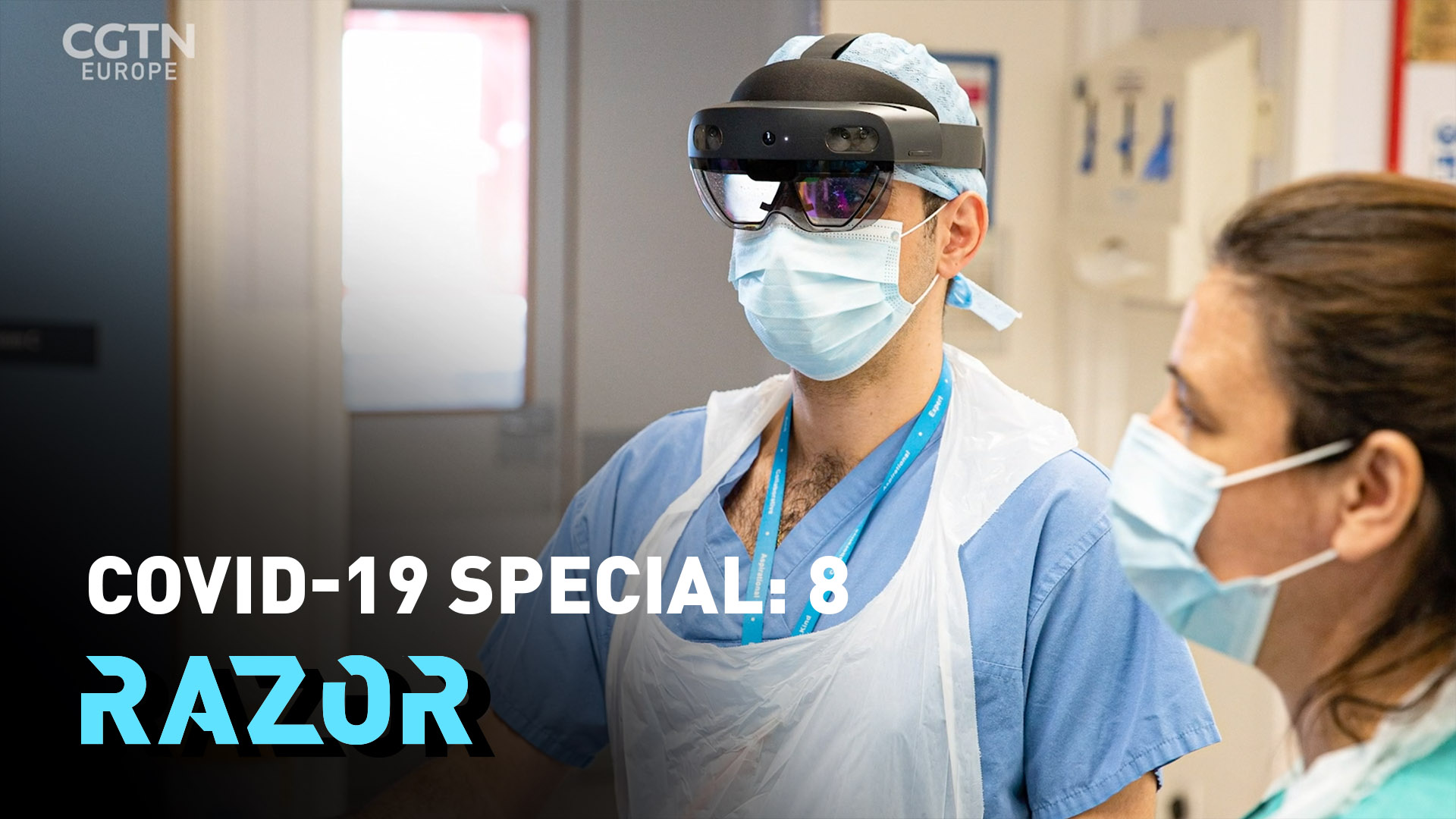30:10

In this week's RAZOR special we cover a range of COVID-19 related stories.
It's not a cure for COVID-19 but trials of the drug Remdesivir have shown quicker recovery time for severely ill patients. Remdesivir is an antiviral medication originally developed to treat Ebola. While it wasn't effective it did show promise treating SARS and MERS in animal studies. Emma Keeling spoke to Dr Neera Ahuja, the principal investigator of the trial at Stanford University School of Medicine.
To ensure safe working conditions for hospital staff and slow the spread of the disease, huge changes have been made to the way hospitals are operated. An innovative trial, using what are known as mixed-reality headsets by Imperial College Healthcare NHS Trust in London is proving successful in keeping staff and patients out of harm's way.
We now know, that in addition to all its other complications, the novel coronavirus causes increased blood clotting. But, hospitals in Rotterdam have cut blood clotting complications in half by testing for a protein fragment called D-dimer which is generated when a blood clot dissolves. Professor Edwin van Beek co-authored a report on the blood clotting effects of Covid-19.
There are still a lot of unknowns as to why some people become critically ill from Covid-19 and others don't. However, it's believed that our genetics play a role. Kenneth Baillie at the University of Edinburgh is part of the GenOMICC study designed to explore the varied effects coronavirus has on patients and to find out more about how it affects us.